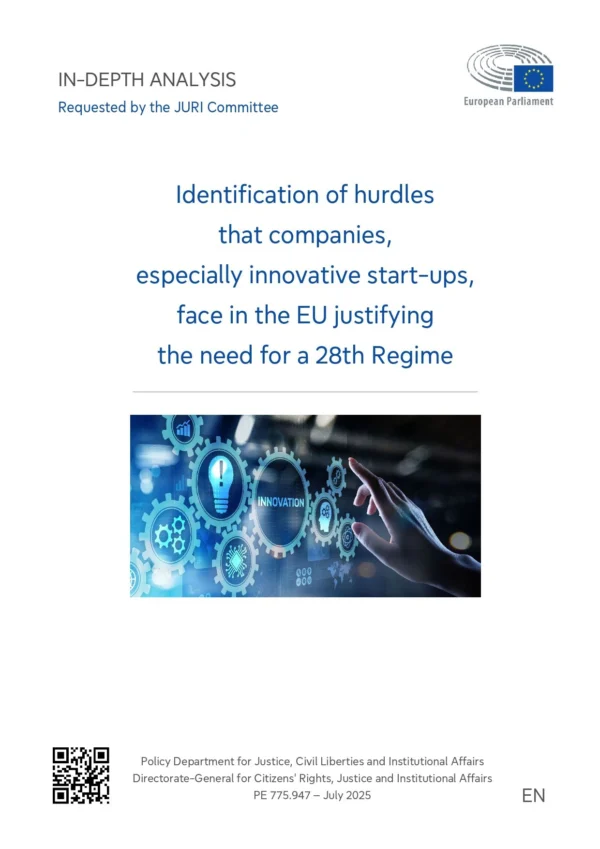Innovative small and medium-sized enterprises (ISMEs) are not scaled-down versions of large, listed companies. They differ fundamentally in their position in and contribution to the economy and society. It’s thus unlikely that the corporate legal structures, governance and management models for large companies are suitable for ISMEs. To improve the EU’s competitiveness, it’s essential to help ISMEs escape these straightjackets. A new perspective is needed, based on existing EU competitive advantages that hitherto have not been recognised as such or need to be dusted off.
This contribution outlines seven principles to help increase innovation. These are deeply rooted in European law and the European way of doing business. By applying them to the governance and management of ISMEs, such firms can make an even greater contribution to European competitiveness in the years ahead.
This CEPS contribution is part of a special series ‘The EU’s path to 2030’, where each of our research units were invited to provide insights on key policy files, offering guidance and recommendations for policymakers throughout the course of the new mandate up until 2030 (and sometimes beyond). Find other contributions to this series here.










